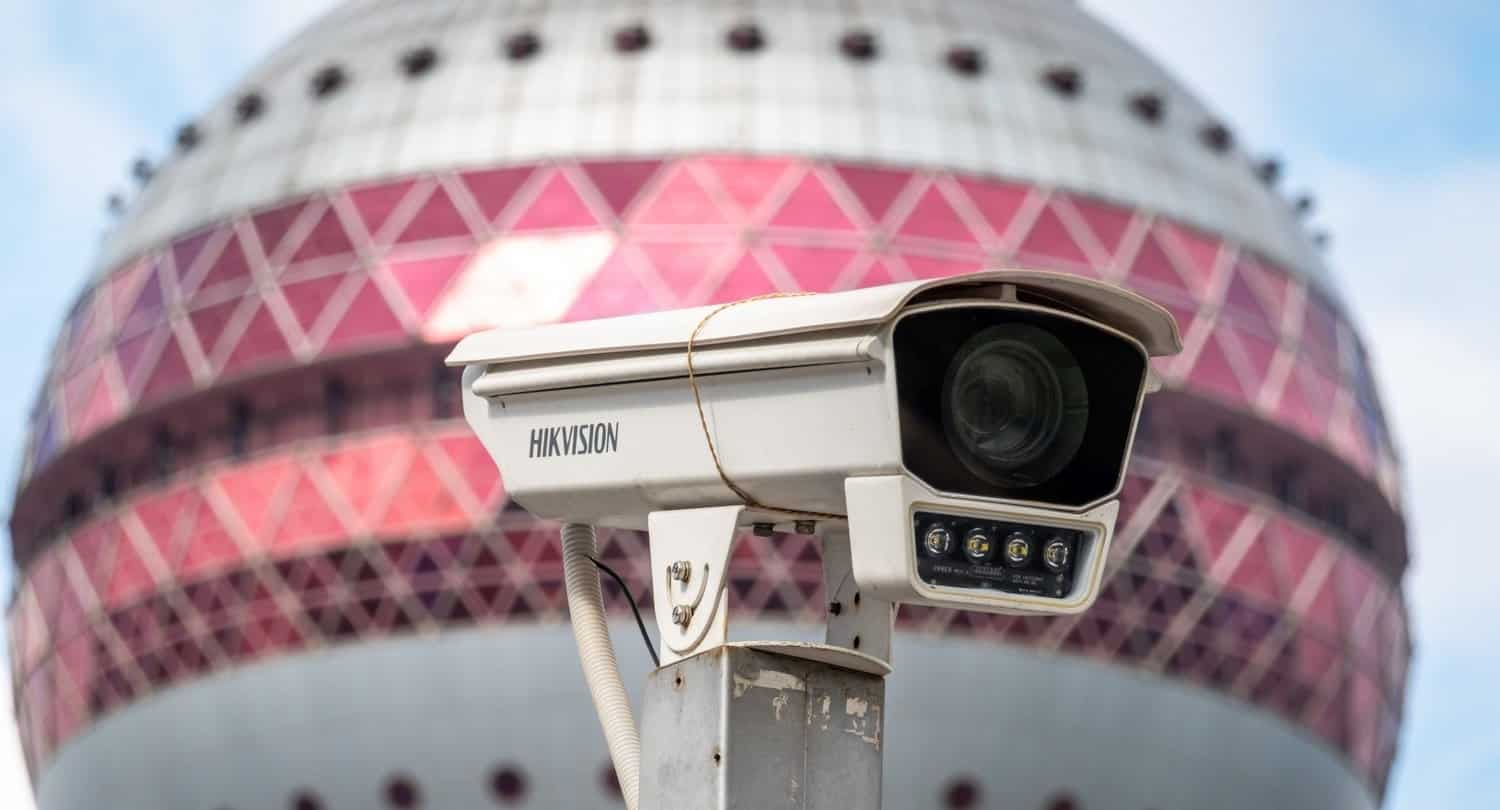Pervasive Chinese Surveillance Tech
Chinese firms Hikvision and Dahua have enjoyed stratospheric growth to become the biggest video surveillance technology firms in the world.[1]
Yet there are serious questions around the companies’ cybersecurity track records, as well as the data privacy risks arising from their ownership by the Chinese government. Hikvision and Dahua have also received international condemnation for the central role their IP camera networks play in the repression of the Uyghur people.
The goal of this research was to map out exactly where this Chinese surveillance technology was most used outside of its native country. We hope that our findings will raise public awareness of both the pervasiveness of these IP camera networks and the privacy and cybersecurity risks associated with this technology.
What is an IP camera network?
Each IP camera in the network functions as an independent device with its own unique Internet Protocol (IP) address, enabling it to transmit and receive data over a network, typically a Local Area Network (LAN) or the Internet.
The networked nature of IP cameras allows them to be accessed remotely from various devices such as computers, smartphones, or tablets.
The system may include a Network Video Recorder (NVR) or use cloud-based storage for archiving video footage.
This investigation is the first to comprehensively map Hikvision and Dahua camera networks active outside China.
In doing so, we identified the countries and cities most surveilled by these controversial firms’ technology.
Despite facing a variety of trade restrictions in the U.S.,[2] this investigation shows that efforts to decouple the American and Chinese tech sectors have had limited success. In fact, more than one in ten camera networks identified in this report are in the U.S.
Note that this report identifies networks of cameras, each on a single IP address, rather than individual cameras. As networks tend to comprise multiple devices, the total number of individual Hikvision and Dahua surveillance cameras covered by this report will likely be many times higher than six million.
